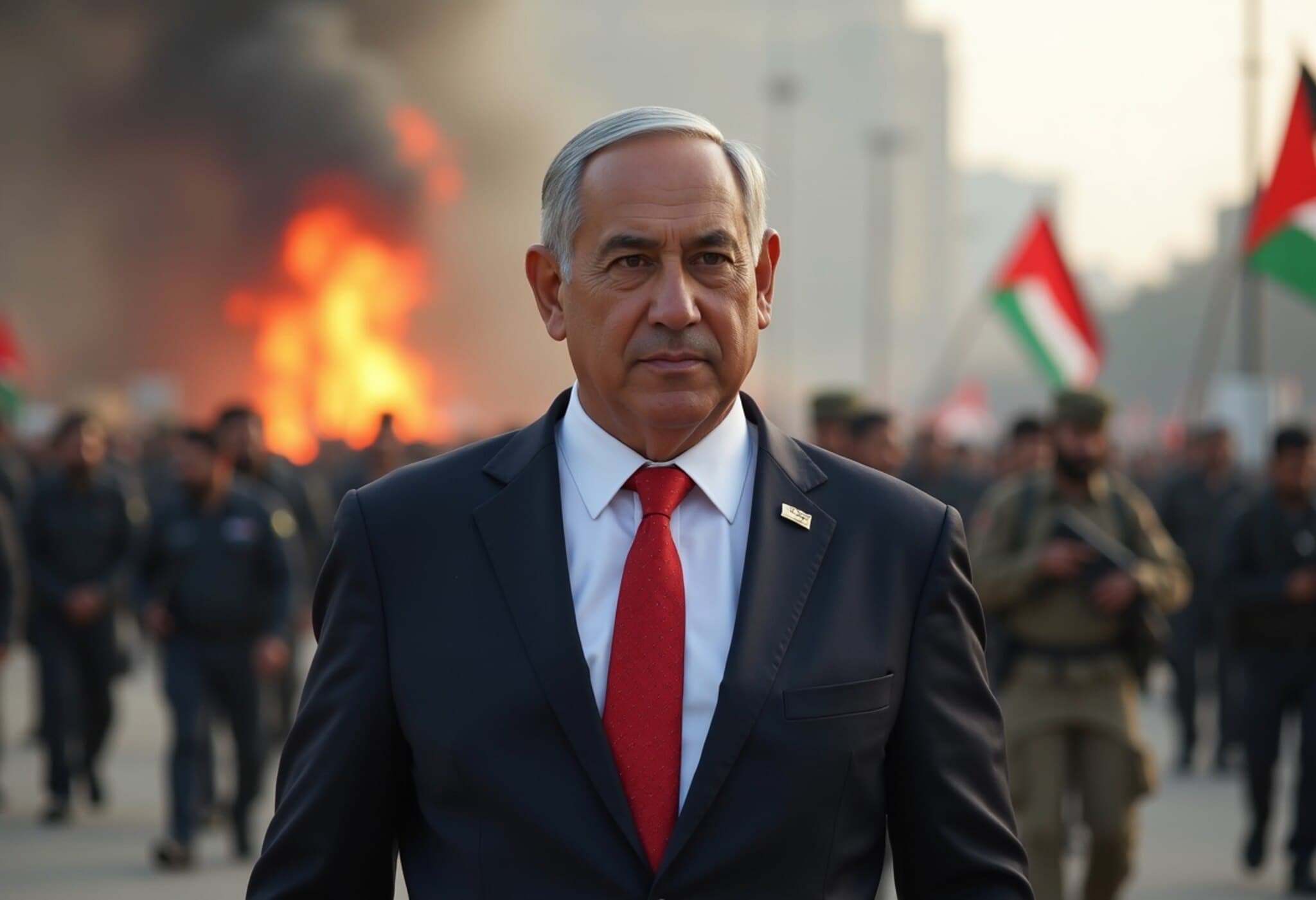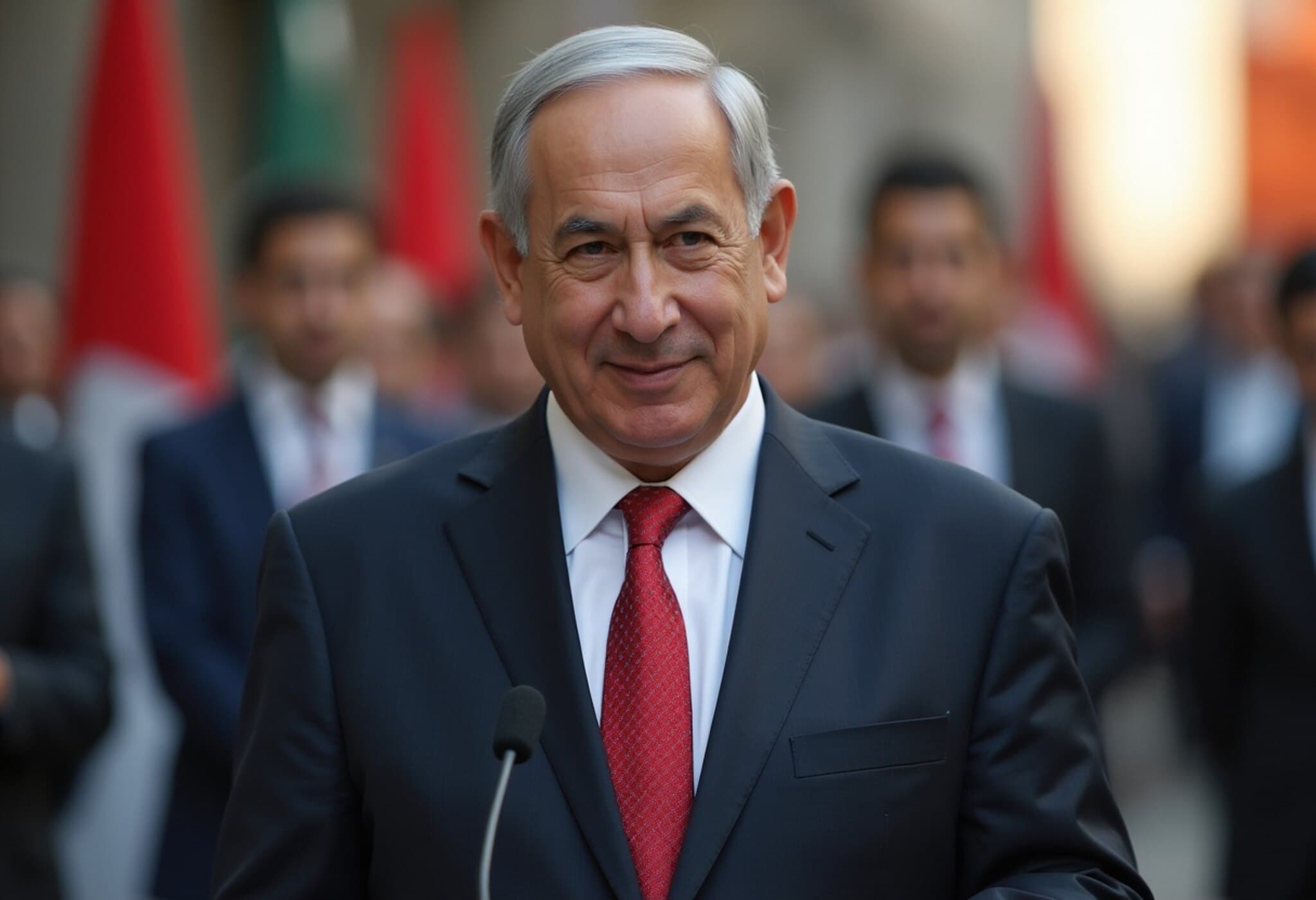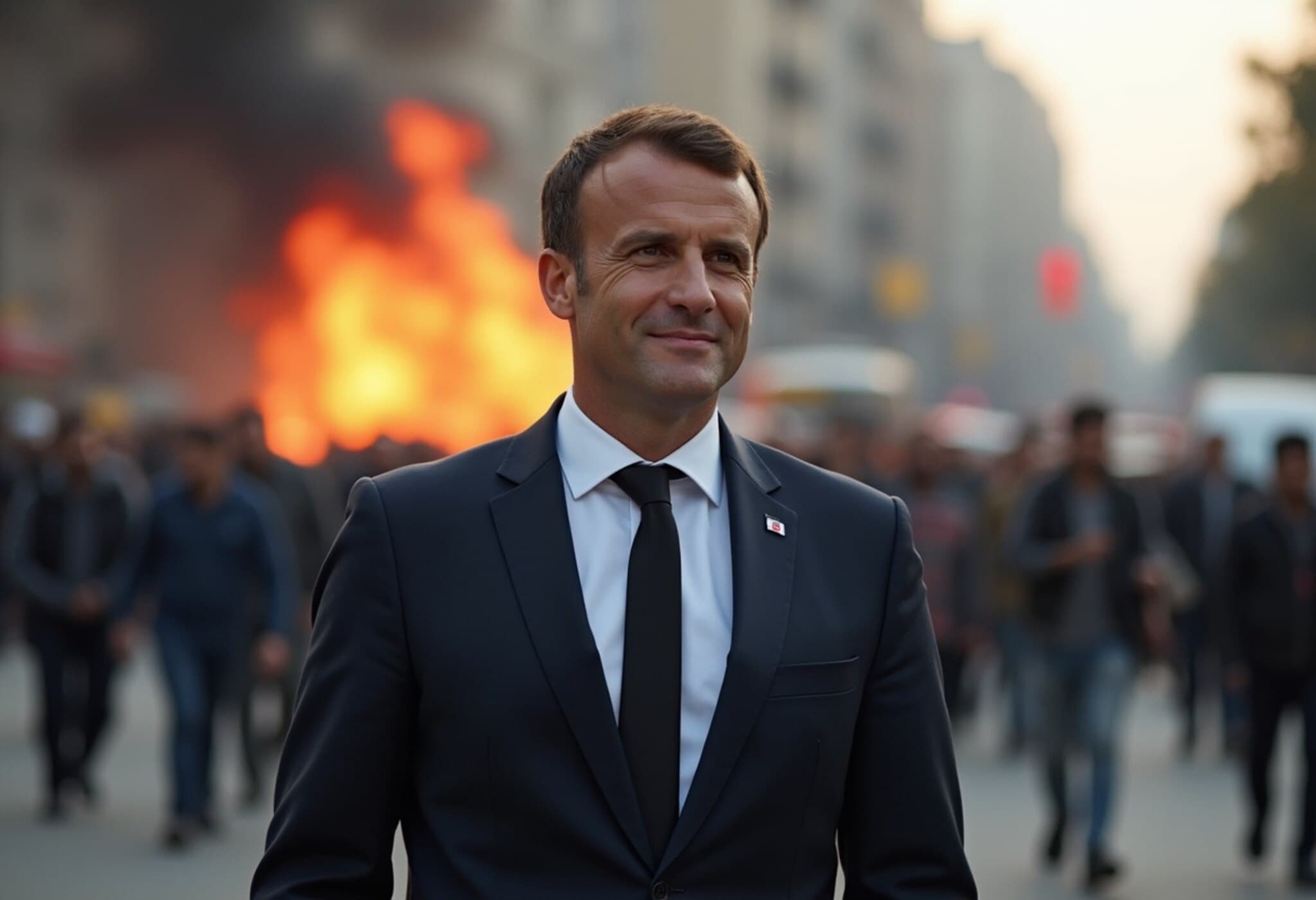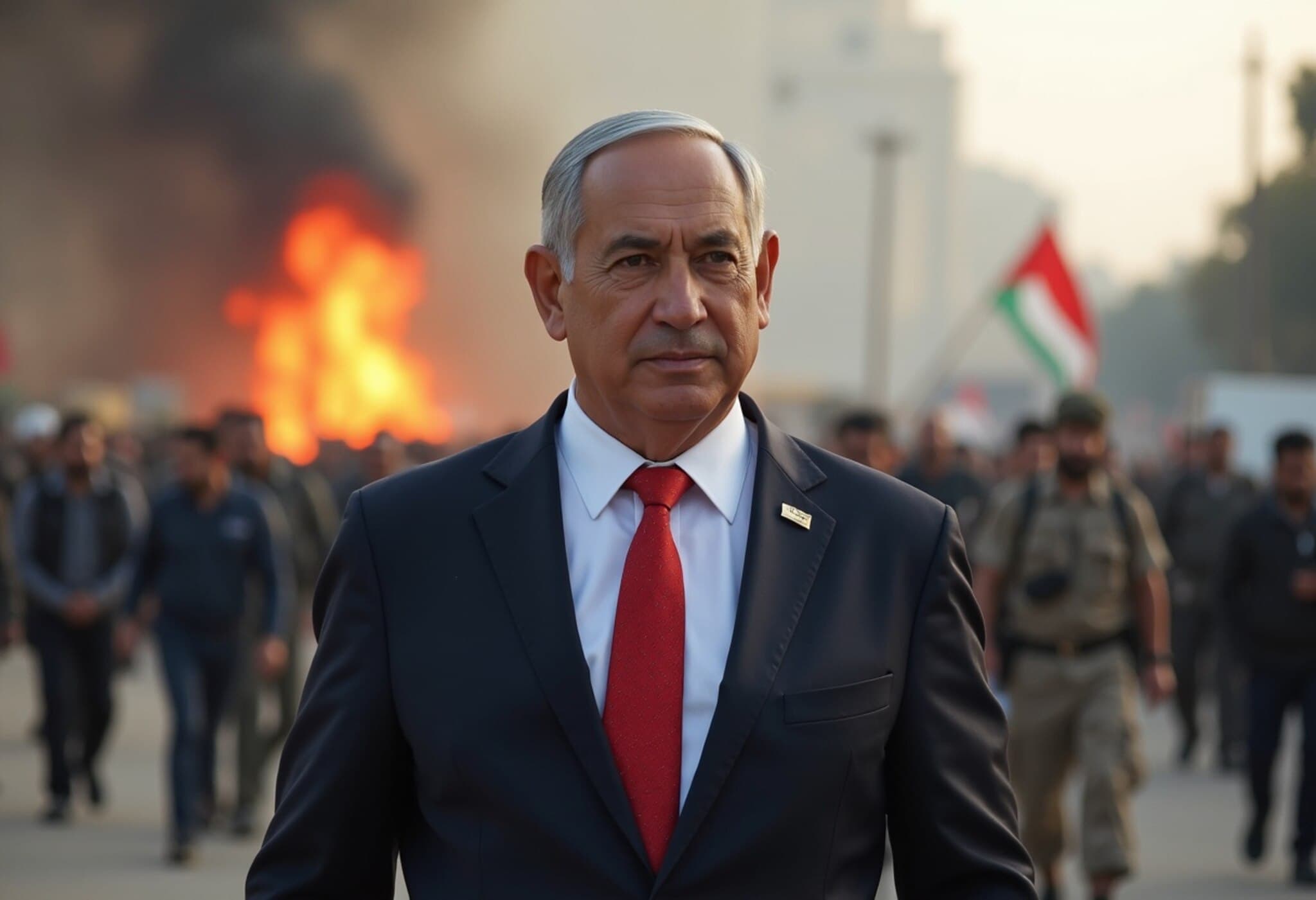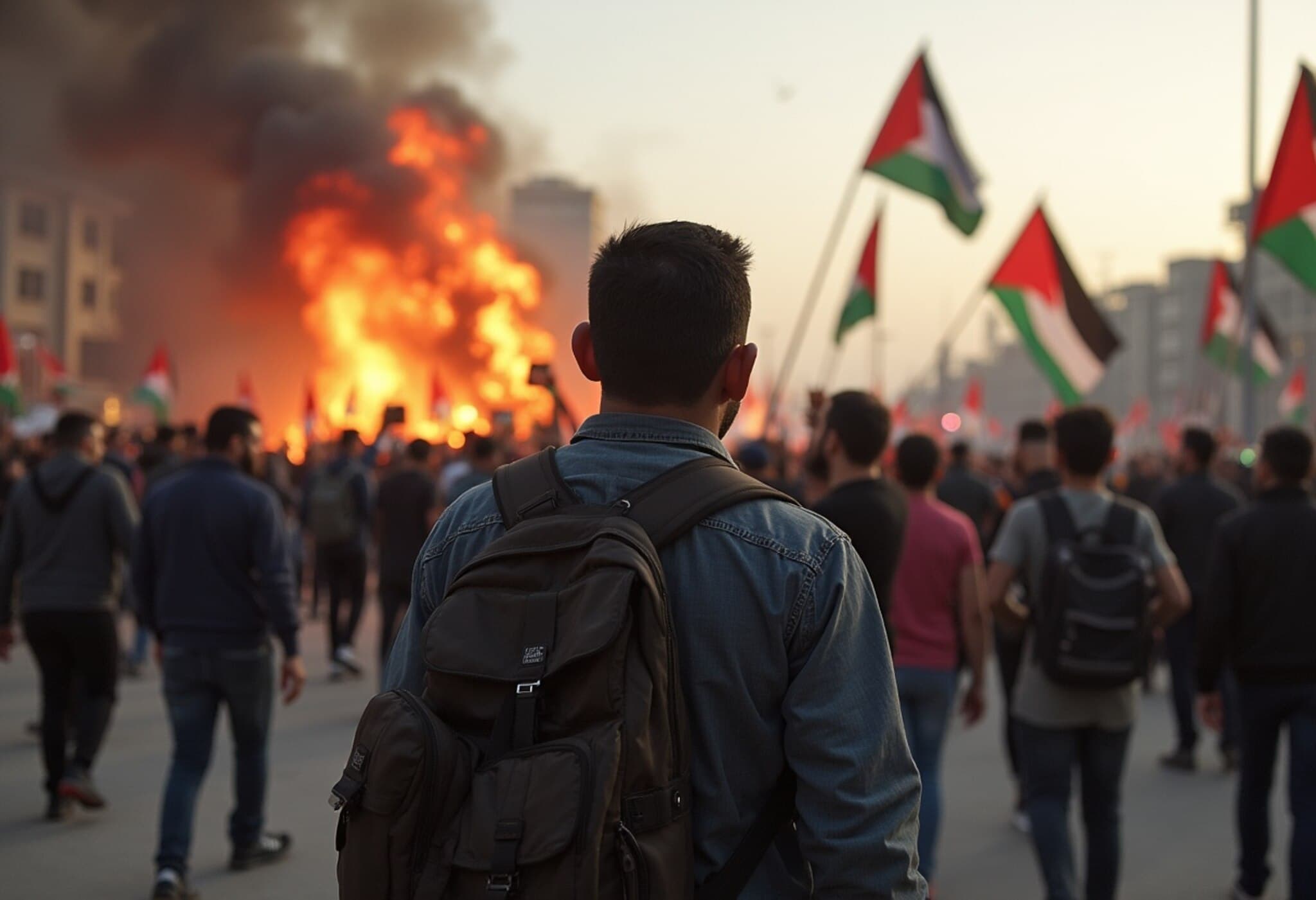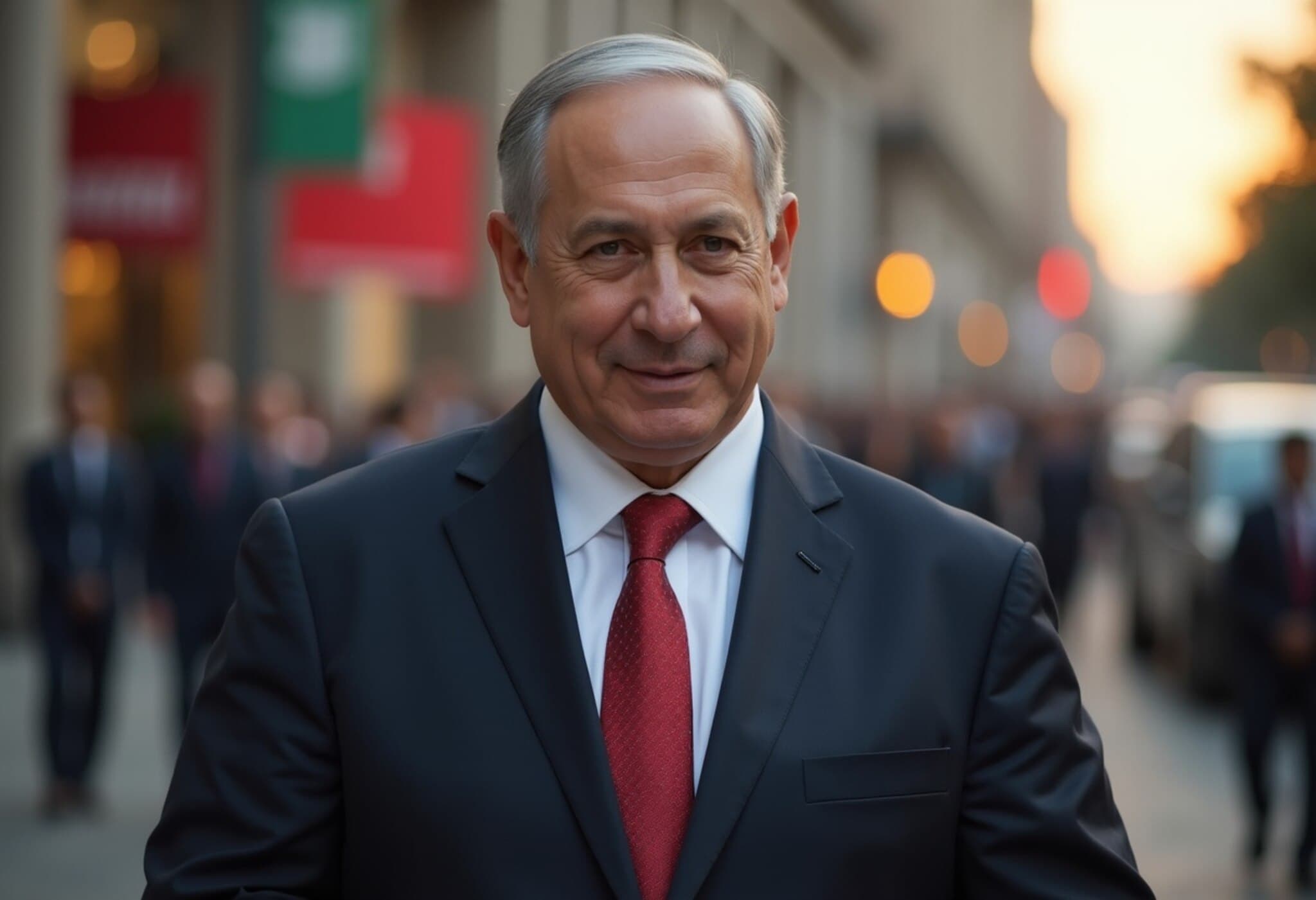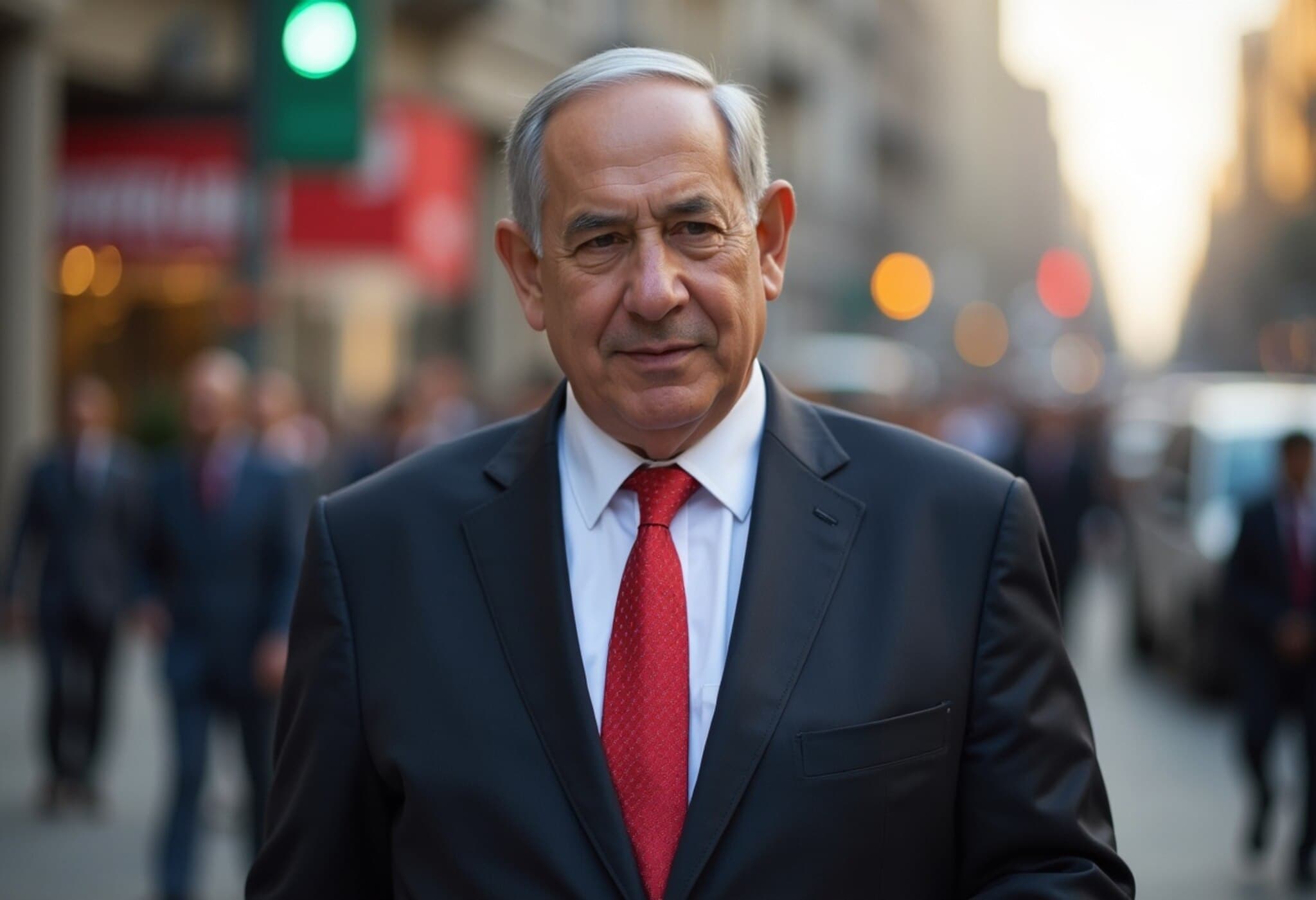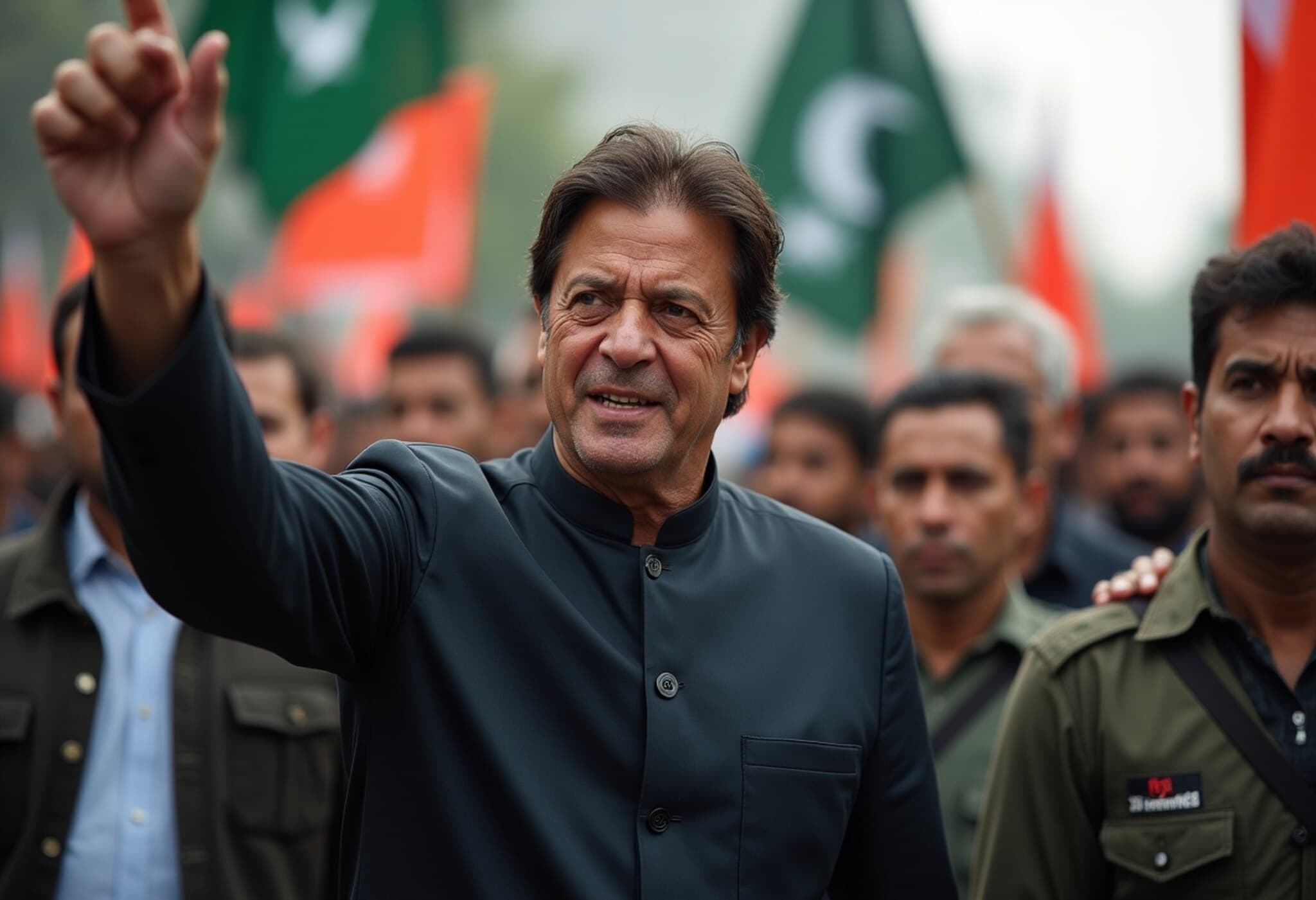US and Israeli Officials Push for Comprehensive Gaza Agreement
In a significant shift in diplomatic strategy, US and Israeli officials are now advocating for an "all or nothing" deal aimed at securing a ceasefire in Gaza and the release of hostages held by Hamas. This move departs from earlier approaches favoring a phased, temporary halt in hostilities, reflecting mounting pressures and hardened positions on both sides.
Background: From Phased Ceasefire to Full-Scale Negotiation
For months, the Israeli government pursued a cautious, two-phase negotiation strategy: a temporary 60-day ceasefire paired with a partial hostage release. However, talks have reached a stalemate. According to multiple sources, including Israeli media and US envoys, the new plan would demand a complete exchange—release all hostages simultaneously—as a precondition for halting military actions and dismantling Hamas’s military capabilities.
Domestic Pressures and International Scrutiny
The surge in urgency stems largely from rising domestic concerns within Israel over the fate of approximately 20 hostages believed to be alive in Gaza, with 30 more presumed dead. Graphic footage recently aired by Hamas showing the frail condition of some captives deeply shocked Israeli society and intensified calls for decisive government action.
International criticism has also escalated surrounding Israel’s blockade of Gaza, which, while intermittently allowing aid deliveries, has contributed to a widespread humanitarian crisis affecting nearly two million residents. The humanitarian situation was further exacerbated by IS artillery strikes hitting relief organizations — including a fatal attack on the Palestine Red Crescent Society in Khan Younis.
The New ‘All or Nothing’ Stance Explained
Steve Witkoff, former Trump administration envoy currently active in the region, conveyed a clear message during a recent meeting with Israeli hostage families: no partial deals would suffice. "Everybody comes home," Witkoff said, emphasizing a full-resolution approach. While details of the "plan" remain confidential, sources indicate an ultimatum may soon be presented to Hamas, demanding a total release of hostages in return for Palestinian prisoner releases and a commitment to cease hostilities including Hamas’s disarmament.
Importantly, direct negotiations between Israel and Hamas do not occur; instead, various intermediaries—including the US, Qatar, and Egypt—handle talks.
Hamas Response and Obstacles Ahead
Hamas officials have yet to receive a formal offer corresponding to this comprehensive proposal. While supportive in principle of ending the war and arranging prisoner releases, Hamas firmly rejects demands for disarmament. Mahmoud Mardawi, a high-ranking Hamas figure, reiterated that disarmament is non-negotiable until Palestinian statehood is achieved—an outcome Israel strongly opposes.
This uncompromising position was echoed this weekend as Hamas declared it would not disarm, responding instead to a recent Arab League call for de-escalation by insisting on statehood prerequisites.
Escalations on the Ground and Political Signals
Meanwhile, Israeli political maneuvers add to the tensions. National Security Minister Itamar Ben-Gvir’s controversial visit to the Al-Aqsa Mosque compound—one of the most sensitive flashpoints in the Israeli-Palestinian conflict—was condemned by Arab leaders who viewed it as provocative. Ben-Gvir stressed the need for "conquering Gaza" and eliminating Hamas completely.
Prime Minister Benjamin Netanyahu reflected this hardline stance, arguing publicly that Hamas has no interest in peace and reaffirming Israel’s commitment to continue military operations until Hamas is dismantled. Netanyahu stated: "We will release our captive sons, eliminate Hamas, and ensure Gaza no longer threatens Israel."
Expert Insight: The Diplomatic Dilemma
Analysts warn the all-or-nothing approach, while politically resonant, risks prolonging the conflict given the opposing red lines.
“Hamas is essentially saying to Israel: ‘If you want the 20 living hostages out, give us a full victory,’” said Ehud Yaari, a Middle East analyst at the Washington Institute for Near East Policy. He further explained that Netanyahu is caught between convincing Israelis that he is doing everything possible and managing a war he cannot yet decisively end.
From Hamas’s perspective, Mardawi expressed skepticism about negotiations while Gaza faces intensifying humanitarian disaster: "What is the point of talks when people are dying of starvation?"
Looking Forward: Questions and Stakes
- Can the US and Israeli governments sustain a united push for a high-stakes ultimatum given regional complexities?
- How will Hamas’s refusal to disarm impact the prospects for durable peace or an eventual Palestinian state?
- What role can international mediators play in bridging gaps under soaring domestic pressures on both sides?
- How will the worsening humanitarian crisis influence public opinion and diplomatic calculations moving forward?
With hostages’ lives hanging in the balance and no easy path to ceasefire, the stakes could not be higher. The evolving scenario challenges negotiators to balance empathy, security, and realpolitik under intense scrutiny.
Editor’s Note
This emerging "all or nothing" negotiation marks a critical inflection point amid one of the most intractable conflicts. While the aspiration to end hostilities and rescue hostages is universally shared, the deep-rooted mistrust, competing visions for Gaza’s future, and the dire humanitarian conditions complicate a swift resolution. Analysts and readers alike should watch closely how diplomatic leverage, domestic political will, and international pressure intertwine in the coming weeks. The question remains: can mutual concessions emerge from a climate rife with pain, fear, and political hardening?









